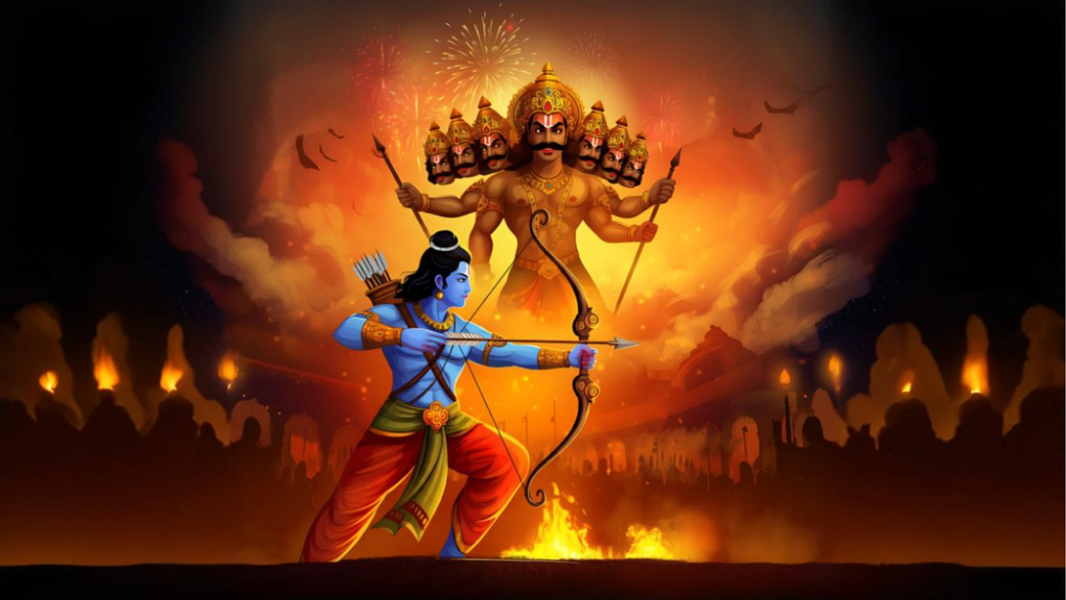On a quiet Sunday morning, Ananya sits at her kitchen table, sipping chai and staring out the window at a sky that feels strangely heavy. Inside the home, tension is palpable—her teenage daughter is locked in her room, refusing to talk. Her husband seems distant, burying himself in his phone to avoid confrontation. And Ananya’s aging parents, who live with them, quietly whisper in another room, concerned that the family is drifting apart.
It’s not that they don’t love each other. They do. But misunderstandings, unspoken resentments, and conflicting expectations have mounted over the months. Schedules clash, tempers flare, and no one knows how to break the pattern. The family needs help—something that goes beyond standard therapy sessions or motivational talks. They want a deeper perspective, a fresh lens to understand why these conflicts keep arising and how to restore harmony.
This is where the ancient wisdom of Vedic astrology (also known as Indian astrology) can provide unexpected yet profound guidance. Rather than labeling family members as “difficult” or dismissing problems as unsolvable, Vedic principles invite us to look beneath the surface and ask:
- What invisible patterns shape our familial interactions?
- How can we use cosmic insights to navigate personality differences and strengthen our bond?
Seeing the Family as a Constellation
In many modern approaches to conflict resolution, we focus on behaviors and communication techniques. “Use ‘I’ statements,” we’re told, or “Schedule a family meeting.” While these methods can help, they often skim the surface.
Vedic astrology encourages a deeper view, one that considers each family member’s janam kundli (birth chart) as a map of their nature, desires, and challenges. Just as stars form constellations, family members with unique cosmic signatures form a complex tapestry of relationships.
This isn’t about fatalism or saying the stars dictate your fate. Rather, it’s about recognizing that each individual’s birth chart reflects certain tendencies—temperaments, emotional needs, communication styles—that, when understood, can transform domestic tensions into opportunities for empathy and growth.
A Different Kind of Family Therapy
Imagine this scenario:
A father who consistently clashes with his son over trivial matters may have a chart showing a strong Saturn (Shani) influence, making him value discipline, order, and tradition. Meanwhile, the son’s chart might emphasize Mercury (Budh) or Rahu, pointing to a curious, rule-questioning personality hungry for new ideas.
Without cosmic insight, they label each other as “stubborn” or “disrespectful.” With Vedic understanding, they realize these patterns are not personal failings but differences in cosmic wiring.
By acknowledging these differences, family members are better equipped to:
- Communicate with compassion: Knowing that a sibling’s Moon (Chandra) placement makes them more sensitive encourages gentler language.
- Honor each other’s timing: If one member is going through a challenging planetary period (dasha), the family can show patience instead of frustration.
- Adjust expectations: Understanding that a family member’s Venus (Shukra) placement makes them more relational and others-oriented explains why they crave togetherness, while another’s Mars (Mangal)-dominant chart needs occasional solitude.
Beyond “You vs. Me”: Embracing the Cosmic Context
In everyday life, family arguments often devolve into blame games:
- “You never listen.”
- “You always overreact.”
- “You don’t understand me.”
The power of Vedic astrology lies in reframing these narratives. Instead of “you vs. me,” we learn to see “us vs. the misunderstanding.” The cosmos offers a context: each soul carries karmic imprints and lessons, and family is often where these lessons unfold most vividly.
This perspective invites families to be curious rather than judgmental. For example:
- A mother frustrated by her daughter’s rebellious streak might discover that her daughter is in a Rahu dasha, a time known for unconventional desires and restless energy. Understanding this could prompt the mother to guide her daughter gently, allowing room for exploration rather than imposing strict rules.
- Grandparents who feel ignored might realize that their grandchild’s chart emphasizes career-centric planets at this stage, pulling them toward professional growth. This doesn’t excuse neglect but frames the behavior in a broader narrative, opening paths for honest dialogue about time and priorities.
Practical Tools for Harmonizing Family Dynamics
Here are practical ways to integrate Vedic wisdom into your family life:
1. Family Chart Analysis Sessions
Schedule an online astrology consultation with a qualified Indian astrologer who understands family dynamics. Instead of focusing on just one person’s chart, have them analyze the entire family’s charts as a unit. They can identify friction points—like overlapping Saturn transits or incompatible nakshatras—and offer personalized strategies to reduce tension.
2. Timing Important Conversations
Consult an astrologer for muhurtas (auspicious timings) before planning significant family discussions. For instance, selecting the right time to discuss caregiving arrangements or a child’s academic struggles can encourage calm communication and mutual understanding.
3. Astrological Remedies to Clear the Air
Vedic traditions suggest remedies like:
- Chanting planetary mantras.
- Lighting a ghee lamp on specific days of the week.
- Offering alms to neutralize karmic imbalances.
While these practices may feel symbolic, they often serve as psychological anchors, reminding everyone that they’re actively working toward harmony.
4. Balancing Elements in the Home
Each planet and sign corresponds to certain elements—fire, air, earth, water. Families can use this knowledge to create balanced environments. For instance:
- To calm excessive “fire” energy (frequent conflicts), incorporate cooling elements like water features or calming colors.
- To ground “air” energy (restlessness), introduce stable routines like gardening or shared cooking sessions.
Stories of Transformation
The Distracted Sibling
Neha feels her brother Arjun never listens. After consulting an astrologer, they learn Arjun’s chart is influenced by Mercury and Mars, making him restless and quick-thinking. Neha understands his behavior isn’t personal, while Arjun commits to setting aside “family check-in” time for focused attention.
The Overprotective Parent
A father micromanages his daughter’s every move, fueling conflict. An astrologer reveals his strong Saturn placement reflects a fear of instability, while the daughter’s Jupiter-dominant chart craves independence. This understanding helps them find middle ground—trust exercises for the father and transparent communication from the daughter.
Cultivating Long-Term Harmony
Vedic insights are not quick fixes but gentle course corrections that accumulate over time. Families can benefit by:
- Asking open-ended questions: “I know your chart suggests you value quiet time after work—can we discuss this later tonight?”
- Adopting shared spiritual practices: Chanting a mantra for Jupiter’s grace before meals can foster calm reflection.
- Encouraging self-reflection: Seeing their birth charts motivates family members to grow personally, reshaping the home’s emotional landscape.
Embracing Complexity with Compassion
Family is the crucible where karmic lessons unfold. Vedic astrology teaches us to move beyond blame and recognize each person’s role in the family’s cosmic tapestry.
As Ananya sits by her daughter’s door, she softly says, “I know you need your space right now. I respect that. When you’re ready, let’s talk.” In this small yet profound gesture, astrology’s wisdom transforms from theory to lived experience.
Through Vedic strategies, families can turn conflicts into stepping stones toward deeper understanding, restoring warmth and love to their homes. Beneath the noise and misunderstandings, love and harmony remain the family’s true north star.







